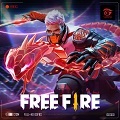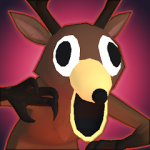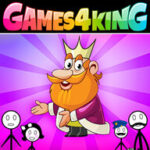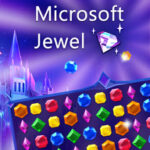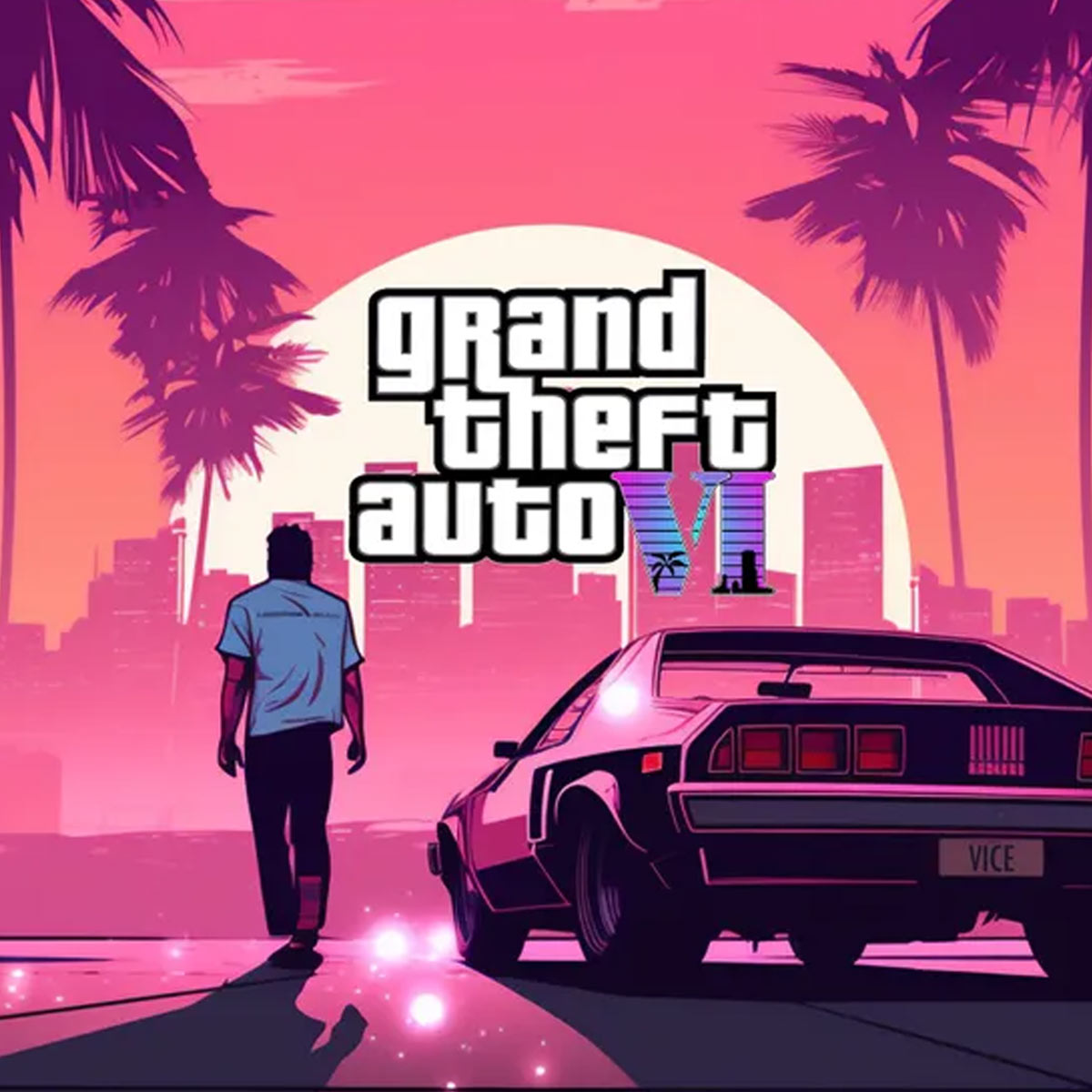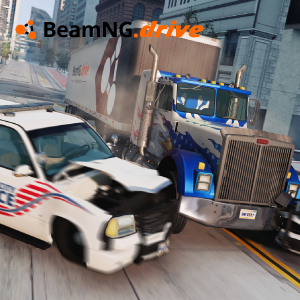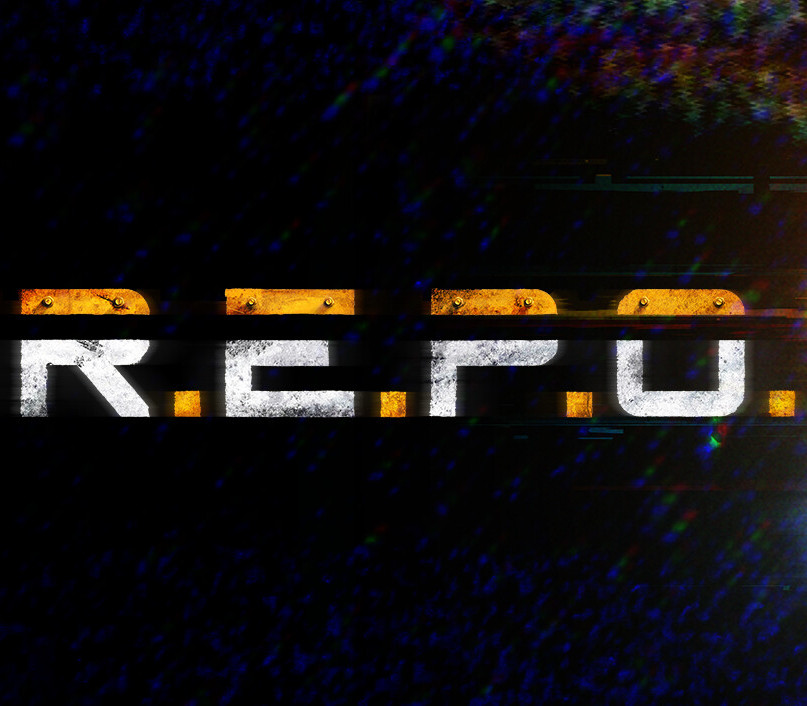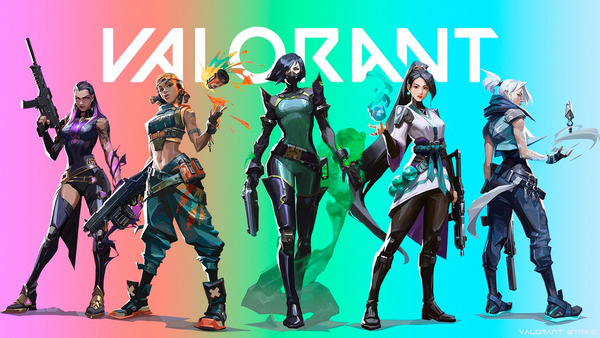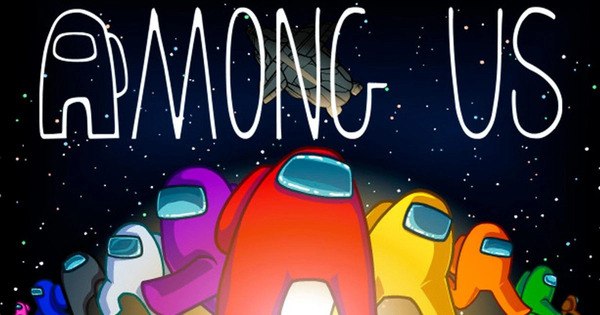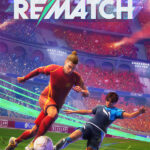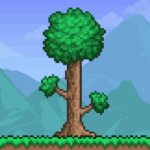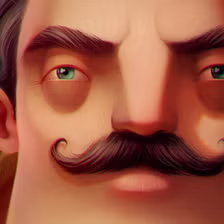God of War Ragnarök, developed by Santa Monica Studio and released in November 2022, is the direct sequel to 2018’s God of War reboot. It continues the emotional and brutal saga of Kratos and Atreus, pushing the boundaries of narrative depth, combat innovation, and mythological world-building. Built for the PlayStation 4 and PlayStation 5, Ragnarök concludes the Norse mythology arc while delivering one of the most polished and celebrated gaming experiences of the decade.
From heart-wrenching father-son dynamics to epic clashes with gods and monsters, God of War Ragnarök sets a new benchmark for single-player action-adventure games. It doesn’t just improve upon its predecessor — it expands its scope and cements its legacy.
1. The Legacy of God of War: A Reinvented Kratos
Kratos was once a rage-fueled Spartan who sought vengeance against the Greek pantheon. But in 2018’s God of War, he reemerged as a wiser, more subdued man — a father learning to guide his son while taming his own violent instincts.
Ragnarök builds on this reimagined version of Kratos. No longer a god-killer out for revenge, he’s now a protector, a father, and a man constantly at war with his past. This emotional complexity is what makes the modern God of War series so profound — and so distinct from the original trilogy.
2. The Opening Moments: A World on the Brink
The game begins during Fimbulwinter, the long winter that precedes Ragnarök, signaling the coming end of days in Norse mythology. Kratos and Atreus remain in hiding, trying to avoid war while training and preparing for the chaos they know is coming.
But their peace is short-lived. A surprise encounter with Thor and Odin sets the stage for a sweeping conflict that spans all Nine Realms. From this point forward, the game seamlessly balances narrative urgency with open-world exploration and deep character development.
3. Atreus Comes Into His Own
While Kratos remains the anchor of the story, Atreus (also known as Loki) is now a co-protagonist. Ragnarök explores his identity crisis, his growing powers, and his role in the fate of the world. He's curious, driven, and at times rebellious — making for compelling contrast with Kratos’ cautious stoicism.
Players can now play as Atreus in selected segments, offering new combat styles, movement, and dialogue options. His journey isn’t just about growing stronger — it’s about finding purpose, understanding his prophecy, and forging his own path beyond his father's shadow.
4. Combat Evolution and Weapon Variety
God of War Ragnarök significantly refines and expands its combat. Kratos retains his iconic Leviathan Axe and Blades of Chaos, but they’re deeper than ever with new combo trees, elemental damage, and weapon-specific abilities.
New additions include the Draupnir Spear, a powerful new weapon with ranged capabilities and explosive potential. Enemies now have armor types, resistances, and weak points, forcing players to adapt and experiment.
Combat is fast, cinematic, and brutal — but it also rewards patience, precision, and timing. With improved enemy variety, skill trees, and build customization, Ragnarök ensures every battle is fresh and strategic.
5. Exploration of the Nine Realms
Unlike the previous game, where some realms were inaccessible, Ragnarök allows players to explore all Nine Realms, including new areas like:
-
Vanaheim – a sprawling jungle filled with hidden paths and creatures
-
Svartalfheim – a mechanized Dwarven realm full of puzzles and lore
-
Asgard – the home of the Aesir gods, rich in story and spectacle
The world design is less open-world and more "open-hub" — detailed biomes connected by narrative and side quests. Secret chambers, collectibles, and optional bosses make exploration as rewarding as the main quest.
6. Narrative Depth and Themes
At its core, Ragnarök is a story about destiny, grief, parenthood, and letting go. Kratos and Atreus face challenges that are as emotional as they are physical. Characters like Freya, Tyr, and Brok and Sindri evolve in unexpected ways, each contributing to the overarching theme of breaking cycles of violence.
The writing is sharp and character-driven, balancing mythic grandeur with grounded, human emotions. Every moment — from quiet reflections to high-stakes battles — serves a purpose in the emotional arc of the story.
7. Boss Battles and Epic Setpieces
God of War Ragnarök delivers some of the most intense and cinematic boss battles in gaming. Highlights include:
-
A thunderous fight against Thor early in the game
-
A climactic confrontation with Odin
-
Mythical beasts and corrupted creatures across the realms
These fights aren’t just about spectacle — they’re carefully choreographed to challenge mechanics and storytelling. Each boss has personality, motivation, and lore that enhances the stakes of every encounter.
8. Side Quests and Realm-Specific Stories
Ragnarök introduces “Favors”, which are optional side quests that are deeply narrative-driven. These aren’t filler — many are emotionally resonant and explore rich lore, character backstories, or moral dilemmas.
Examples include:
-
Helping Freya reclaim her freedom
-
Restoring balance in war-torn Vanaheim
-
Discovering remnants of ancient civilizations
These quests elevate the experience, often rivaling main story missions in quality and reward.
9. Presentation, Performance, and Sound Design
Built for the PS5, Ragnarök features stunning visuals: detailed character models, fluid animations, and breathtaking environments. The game offers multiple performance modes, allowing players to prioritize resolution or frame rate.
The audio design is equally impressive. The score, composed by Bear McCreary, blends Norse instrumentation with cinematic flair, enhancing every emotional beat and combat sequence. Voice acting from Christopher Judge (Kratos), Sunny Suljic (Atreus), and the supporting cast is exceptional, elevating the emotional depth of the narrative.
10. Legacy, Awards, and the Future of the Franchise
God of War Ragnarök received critical acclaim upon release, earning numerous Game of the Year awards, Best Narrative, Best Performance, and accolades for its score, accessibility, and art direction.
It’s more than a great sequel — it’s the culmination of years of storytelling, character building, and gameplay refinement. Whether Santa Monica Studio continues with Kratos, shifts focus to Atreus, or explores new mythologies, the foundation is now stronger than ever.
Conclusion
God of War Ragnarök is a landmark achievement in interactive storytelling. It combines visceral combat, rich mythology, emotional nuance, and AAA polish into a seamless whole. Few games manage to be this personal and this epic at the same time.
It’s not just a worthy follow-up — it’s a masterpiece that concludes a saga while laying the groundwork for future greatness. In a world filled with sequels and reboots, Ragnarök stands tall as a shining example of how to do both right.



